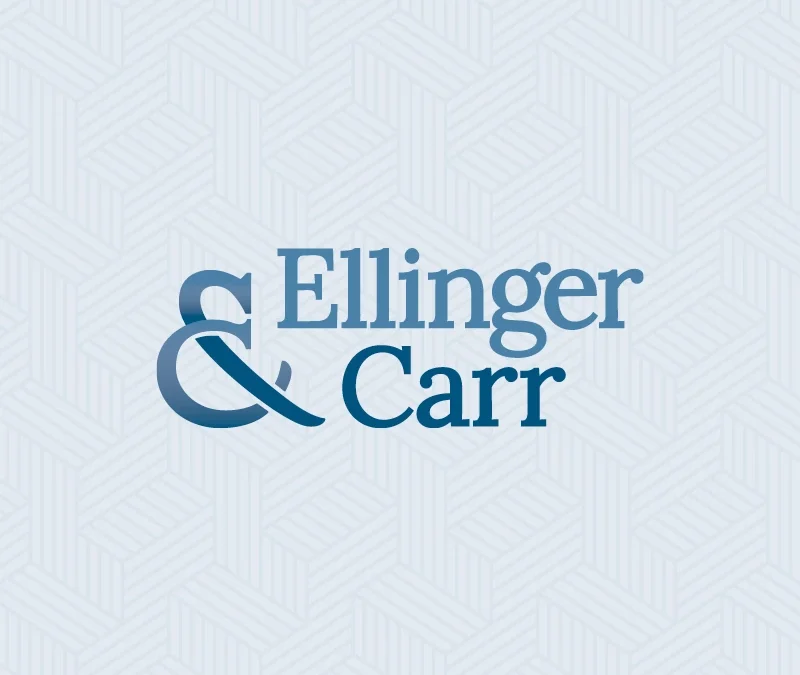A law passed by Congress in 2021, called the Corporate Transparency Act, is intended “to curb illicit finance, requires many companies doing business in the United States to report information about the individuals who ultimately own or control them,” according to a...


